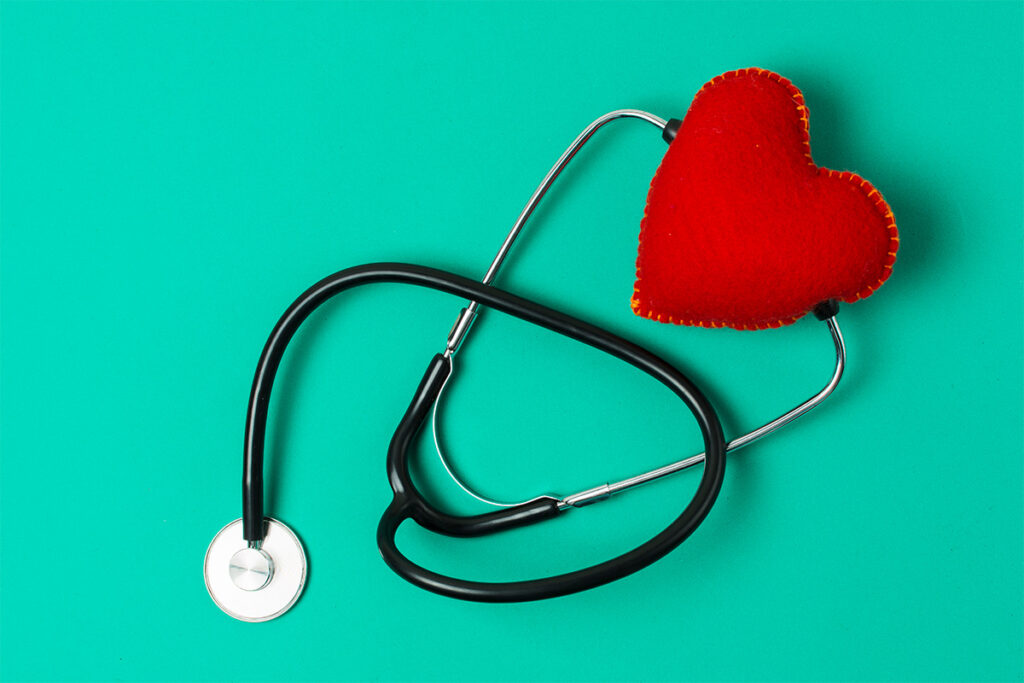Does Health Insurance cover heart surgeries? A complete guide

Cardiovascular diseases or heart related ailments are the number one cause of deaths globally. In India, heart related illness account for nearly 25% deaths. To add to this, there are two more worrying signs. First is that heart diseases are occurring in an increasingly younger age group and second is the increasing cost of treatment. These three factors about heart diseases namely their widespread nature, affliction at a young age and high costs, make health insurance cover a necessity in today’s times.
And good news is that most health insurance plans cover most expenses incurred due to most heart illness treatment expenses. You will notice that we have mentioned that health insurance covers most expenses due to most heart illness. We have not written that health insurance plans cover all expenses on all heart related treatments. It’s important for the customer to understand what are common heart surgeries, what type of expense in these surgeries are covered and what are the conditions under which the health insurance cover will not be available.

Which are the seven most common heart surgeries in India?
While there are many types of surgeries that are done for treatment of cardiovascular illness, there are some surgeries which are very common in India. Before purchasing a health insurance cover you must understand which of these surgeries are covered under the health insurance plan and to what extent. If you already have a health insurance cover, we urge you to read your contract and if required, seek clarification from your health insurance company. The Seven most common heart surgeries in India are:
- Coronary artery bypass grafting (CABG) is a treatment for blockages in arteries of heart. It uses healthy blood vessel from somewhere else in your body to create a new path for blood to reach your heart.
- Heart valve surgery is treatment that repairs or replaces one or more of 4 values in the body which are malfunctioning and are not opening or shutting properly. This surgery enables it to open more widely or close more tightly so blood can flow in the right direction.
- Aneurysm repair surgery After a heart attack, normally there is damage in aorta, the largest artery in the body, which leads to obstruction in blood flow. This surgery repairs that damage with a synthetic graft to give a new path for your blood to flow and your heart to pump normally.
- Maze procedure to treat atrial fibrillation (AFib) in this treatment doctors creates scar tissue in the heart to block the abnormal electrical signals that cause AFib but allow normal heartbeat signals to come through. This allows heart to get back to normal rhythm.
- Pericardiectomy is the surgical process used to treat constrictive pericarditis by removing a part and in some cases most of the pericardium, a sac which covers almost all the heart except at cardiac root.
- Pacemaker insertion is the surgery where a small electrical device is placed in the chest to manage the heartbeat if it falls below the normal rate.
- Heart Transplant is a last resort for end stage heart patients whose heart has been damaged to the extent that the only viable alternative is to replace their heart with that of a matching donor. This is a complex and expensive surgery.
Even if your health insurance cover includes these surgeries, there is always the matter of what type of expenses will be covered. A surgery has many expenses like diagnostics, room rent, surgeon’s fee, consumables, etc. It is important to be clear what is and is not covered in your health insurance plan. And this includes both the types of heart diseases not covered and types of expenses not covered under typical health insurance cover.
What are the types of heart ailments not covered by health insurance cover?
Even the most lavish health insurance cover cannot cover all the possible heart ailments. Here is a list of common exclusions for heart surgeries.
- Heart Complications arising out of self-harm and injury .
- Heart complications arising out of consumption of banned /illegal substances.
- Heart Complications occurring during the waiting period of the policy.
- Laser Surgeries are not covered in most of the current health insurance covers in India.
- Treatment related to pregnancy and childbirth, abortion, miscarriage, and other complications.
- Neo Natal surgery due to congenital defects is also not covered in most health insurance plans in India.
- Heart Complications resulting from preexisting cardiovascular conditions which you failed to disclose at time of purchase of health insurance over.
What are heart surgery expenses not covered in typical health insurance cover?
- Treatment abroad is not covered by most health insurance covers in India. Option to get treated abroad typically comes in plans with very high sum assureds or dedicated cardiac insurance plans. That is another reason for the increasing popularity of separate cardiac insurance plans.
- Consumables are single use medical equipment like gloves, syringe, masks etc, which are used in surgery and treatment. These account for a substantial portion of bill typically ranging from 5% to 15%. Most health insurance plans in India don’t cover consumables’ cost. In case you want your health insurance cover to pay for consumables bills, there is always an option to buy consumables cover as a rider.
- Expense on devices like pacemaker etc might not be fully covered. The extent to which the insurer will pay for devices, the procedure to insert and regularly maintain them, varies from one health insurance plan to the other.
In summary, heart diseases are on the rise in India and worryingly among the younger section of population. And therefore the chances that an extensive hospitalization will be due to heart related complications is increasing. In such a scenario, it makes sense for you to be very sure about the kind of protection your health insurance cover provides for you. Forewarned is forearmed.
Frequently Asked Questions
Good digestion ensures proper nutrient absorption, strengthens immunity, and boosts energy levels. It also prevents complications like weight gain, hormonal imbalances, and chronic diseases.
Consider the insurer’s financial stability, claims process, coverage terms, and inclusion of services like teleconsultation and diagnostic tests. These factors ensure smooth access to care and timely claim settlements.
Poor digestion can cause nutrient deficiencies, weakening the immune system and leading to fatigue. It’s also linked to weight gain, diabetes, and mental health issues.
Adopt a balanced diet rich in fiber and fermented foods, quit smoking, avoid alcohol, exercise regularly, and manage stress to support healthy digestion.
It offers comprehensive benefits, including hospitalization, diagnostic tests, and teleconsultation, with a reduced waiting period for pre-existing conditions and cashless treatments.
Hi, my name is Om, and I am a developer at Carepal Secure. With a strong passion for technology and innovation, I enjoy creating effective solutions and learning new skills to enhance my expertise. My journey in development has been both challenging and rewarding, allowing me to grow professionally while contributing meaningfully to the projects I work on.












